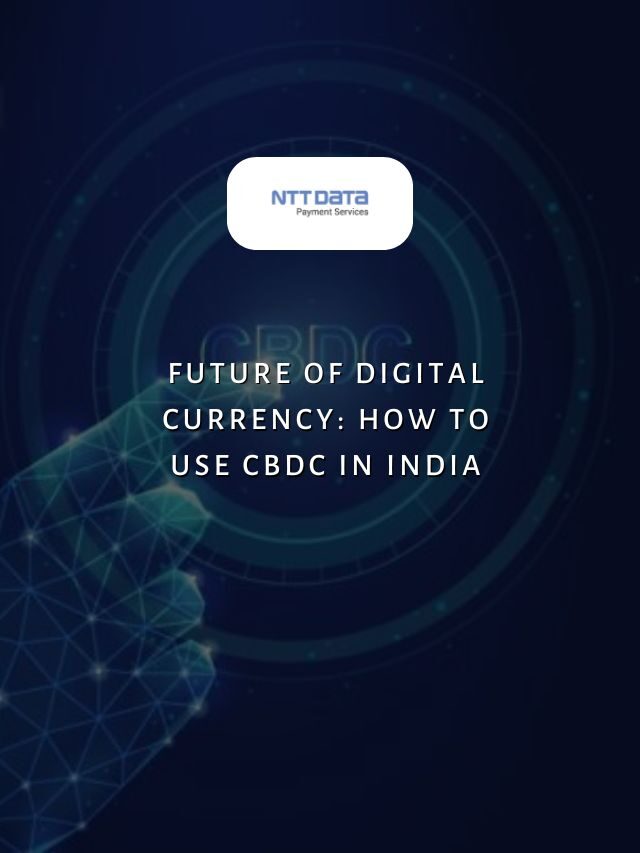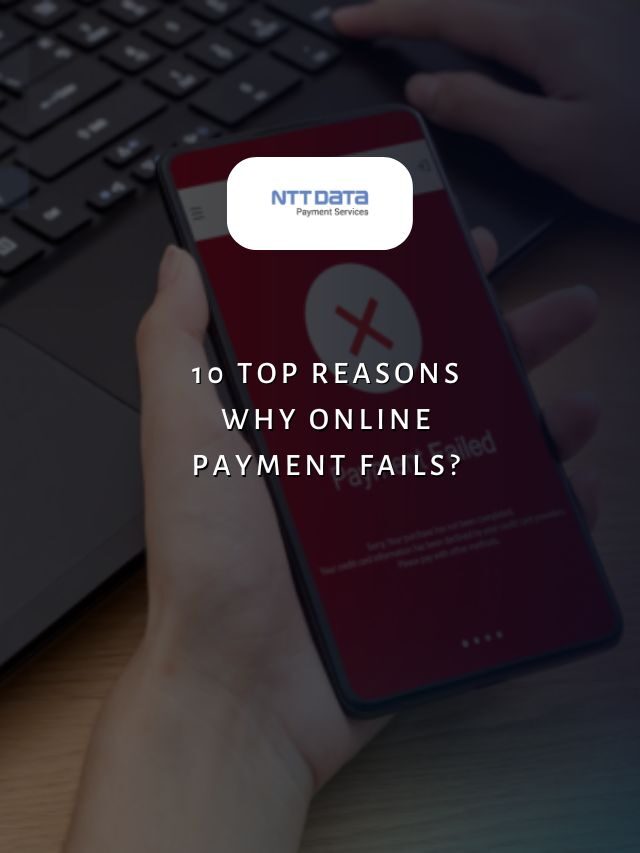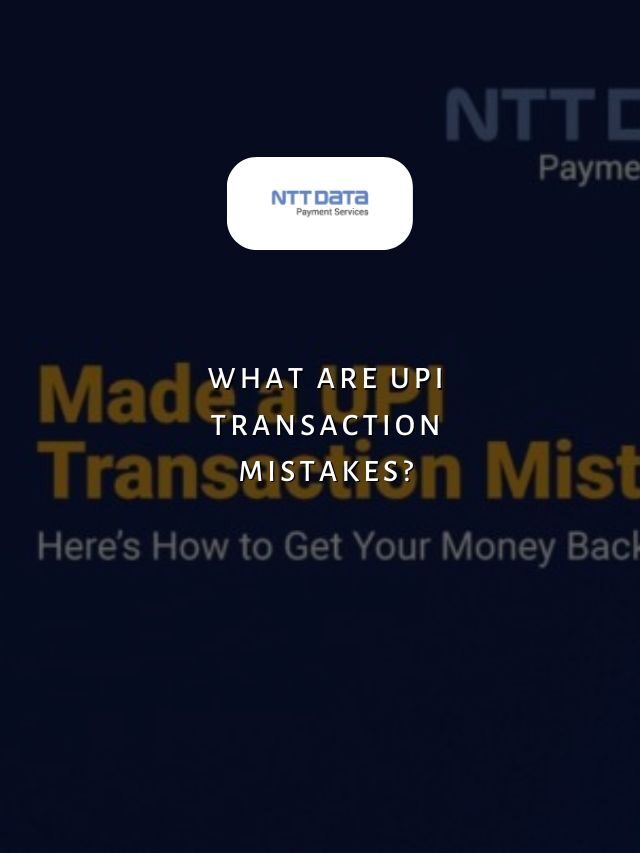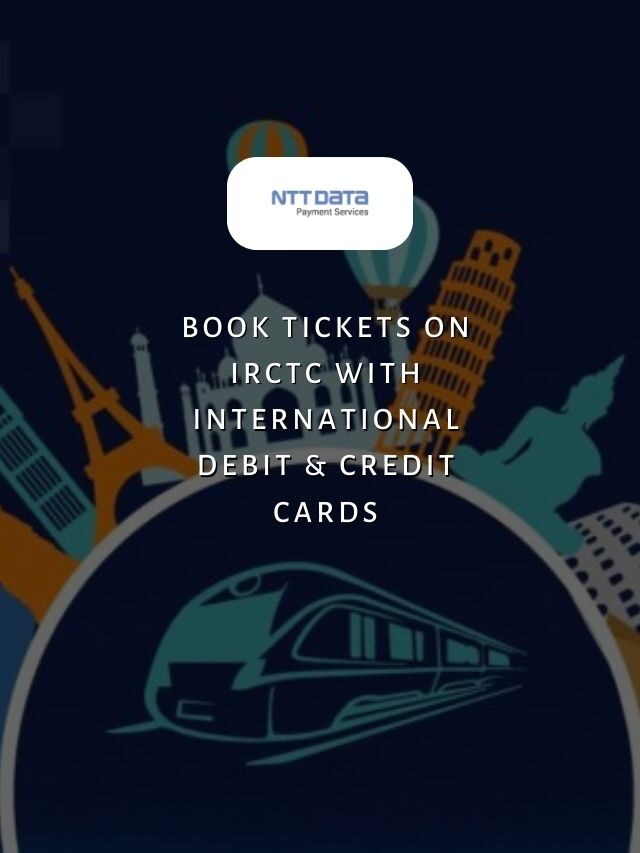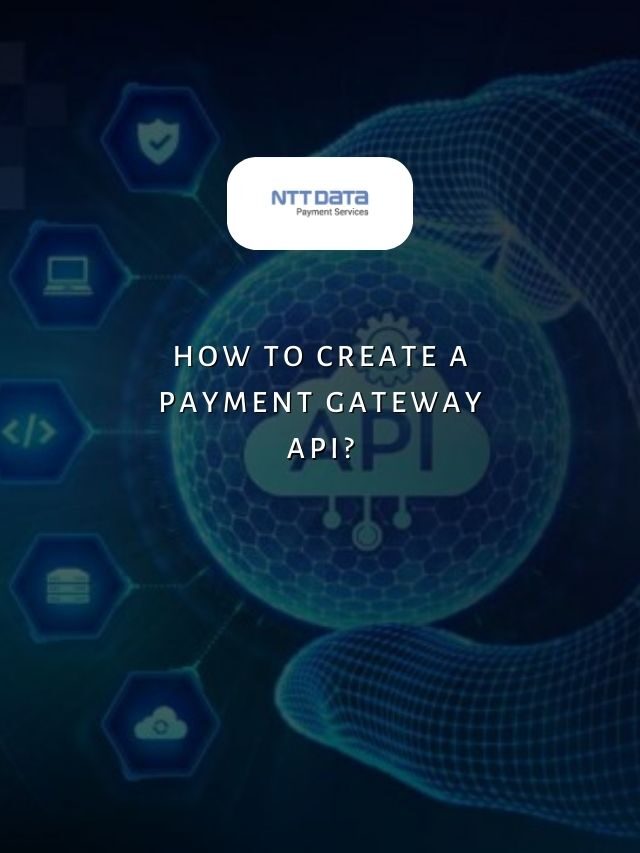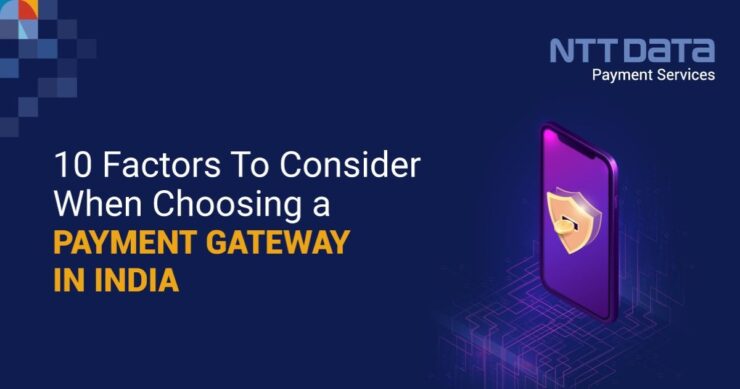
Table of Contents
As an e-commerce business owner in India, choosing the right payment gateway is crucial for the success of your online store. In this blog, we will discuss the top 9 factors to consider when choosing a payment gateway in India.
Overview on Payment Gateway in India
With the rapid growth of e-commerce and online businesses in India, payment gateways have become essential to any online transaction. In India, a payment gateway acts as the intermediary between the merchant website and acquiring banks.
It allows merchants to accept online payments securely from customers using their credit cards, debit cards, net banking, UPI, wallets and other digital payment methods. Having a reliable payment gateway is critical for an online business to accept payments seamlessly and deliver a smooth checkout experience to customers.
What is a Payment Gateway?
A payment gateway is a technology service that authorises credit card or direct payment processing for e-commerce merchants and retailers. It essentially acts as the middleman between the merchant and the acquiring bank/payment processor to facilitate online payment transactions.
The main functions of a payment gateway include capturing customer payment details, verifying transaction details, requesting authorisation from the acquiring bank, and relaying the bank’s response back to the merchant.
Recent Web Stories
Top 9 Factors to consider when choosing a payment gateway in India
Here are the top 9 key factors you must consider when choosing a payment gateway for your business in India.
1. Easy Integrations capabilities
One of the most important factors to consider when choosing a payment gateway is how easily it integrates with the merchant’s website or shopping cart. Payment gateways differ in terms of technical integration. Some have simple plugins, while others require custom coding.
Look for a gateway that offers simple one-time integration using APIs or plugins. This will save integration time and costs. It’s also good to check if the gateway offers customisation options to match your brand and checkout experience. This will deliver a seamless payment experience to your customers.
2. High Security
Security is a top priority when dealing with financial transactions online. Make sure to choose a payment gateway that follows all regulatory compliance and data security standards in India, such as SSL/TLS certificates.
Look for gateways that are certified by PCI DSS and have robust security features like data encryption, fraud detection, etc. An established and reputed provider will give you confidence that your customer’s financial information is safe and secure.
3. Seamless Checkout Experience
A good gateway will provide a seamless checkout flow for customers without any glitches. As mobile commerce continues to rise in India, a payment gateway needs to offer an optimised checkout experience across all devices. Check if the gateway is responsive and has features like one-click payments tailored for small screens.
They should also support various in-app payment methods popular in India. It should support features like one-click payments, auto-fill billing details, order confirmation emails, etc., for superior buyer experience. This will ensure a frictionless payment process on mobile as well.
4. Supports Multiple Payment Methods
One of the most important factors to consider is the various payment methods supported by the payment gateway. The gateway must support all popular and relevant payment options in India, including debit/credit cards, net banking, UPI, wallets, EMI, etc. This will help the gateway accept more payments from varied customers and help maximise conversion rates.
5. Transaction Limits
Consider the average ticket size of transactions and expected volume growth. The gateway must be able to handle transactions above certain limits without any issues.
6. Reports and Analytics
Robust reporting features are necessary to track sales, payments, refunds, etc. Insights into payment trends and customer behaviour are invaluable for optimising conversions and growing sales.
Look for a gateway that provides robust real-time and historical reports on key metrics such as payment method mix, dropouts, failures, refunds, etc. Advanced analytics capabilities help identify opportunities, issues, and areas for improvement. Comprehensive reporting tools are a must for data-driven decision-making.
7. Customer Support
No matter how good a payment gateway is, technical glitches or issues can occur. That’s why it’s important to choose one with reliable 24/7 customer support via phone, email and ticketing system. Response time and resolution turnaround are key factors here. Look for a provider that can troubleshoot and fix problems quickly to minimise cart abandonment. Their support team’s knowledge, expertise and commitment to customer satisfaction should be top-notch.
8. Cost Effectiveness
Compare pricing models and additional charges to get the best value. Negotiate special rates for higher transaction volumes if possible. Different payment gateways have varying fee structures, some charge a fixed percentage per transaction while others have tiered pricing based on monthly sales volume.
Evaluate the total cost of ownership and choose a gateway with competitive and transparent fee pricing. Comparing annual estimated transaction volumes and fees across different providers will help identify the most cost-effective option.
9. Settlement Period
Faster funds settlement helps improve cash flows. Prefer gateways that offer instant, daily or maximum weekly settlements into merchant bank accounts.
Secure Your Online Payments with NTT DATA Payment Services
NTT DATA Payment Services is a leading payment gateway provider that handles over millions transactions annually.
NTT DATA Payment Services offers a complete payment solution to advance both your offline and online businesses from,
- Online Payment Gateway in India
- POS machines
- IVR payments
- Mobile applications, and
- Bharat QR Scan and Pay
We ensure maximum comfort, convenience, and safety for all your payments.
Conclusion
Choosing the right payment gateway is crucial for online business success. Merchants must evaluate providers basis the top factors to consider when choosing a payment gateway discussed.
This will help choose a reliable partner that can securely process all online transactions and deliver an excellent customer payment experience. Take your time to compare options thoroughly before choosing a payment partner that ticks all the right boxes.
| Also, you can get frequent updates on nttdatapayments Instagram page. |
Frequently Asked Questions (FAQs)
1. What is a payment gateway?
A payment gateway is a technology service that authorises credit card or direct payment processing for e-commerce merchants and retailers. It essentially acts as the middleman between the merchant and the acquiring bank/payment processor to facilitate online payment transactions.
2. How does a payment gateway work?
A payment gateway works by capturing customer payment details, verifying transaction details, requesting authorisation from the acquiring bank, and relaying the bank’s response back to the merchant. It allows secure transfer of payment information between the customer, merchant and the bank.
3. What are the top factors to consider while choosing a payment gateway?
A3. The top 10 factors discussed in the blog are – easy integration, high security, seamless checkout experience, multiple payment methods support, transaction limits, reports and analytics, customer support, cost-effectiveness and settlement period.
4. What payment methods should a gateway support in India?
A payment gateway catering to the Indian market should support popular domestic payment methods like credit cards, debit cards, net banking, UPI, wallets and EMI to facilitate maximum transactions.
5. How can I integrate a payment gateway with my website?
Most payment gateways offer simple integration methods using plugins, APIs or SDKs. You need to contact the gateway provider to understand their integration process, which usually involves adding a few scripts to your checkout and payment pages.
6. What security standards should a gateway comply with?
At minimum, a secure payment gateway should comply with PCI DSS and have SSL/TLS certificate. It should also have features like data encryption, fraud detection, verification protocols etc to safely process sensitive financial information.

